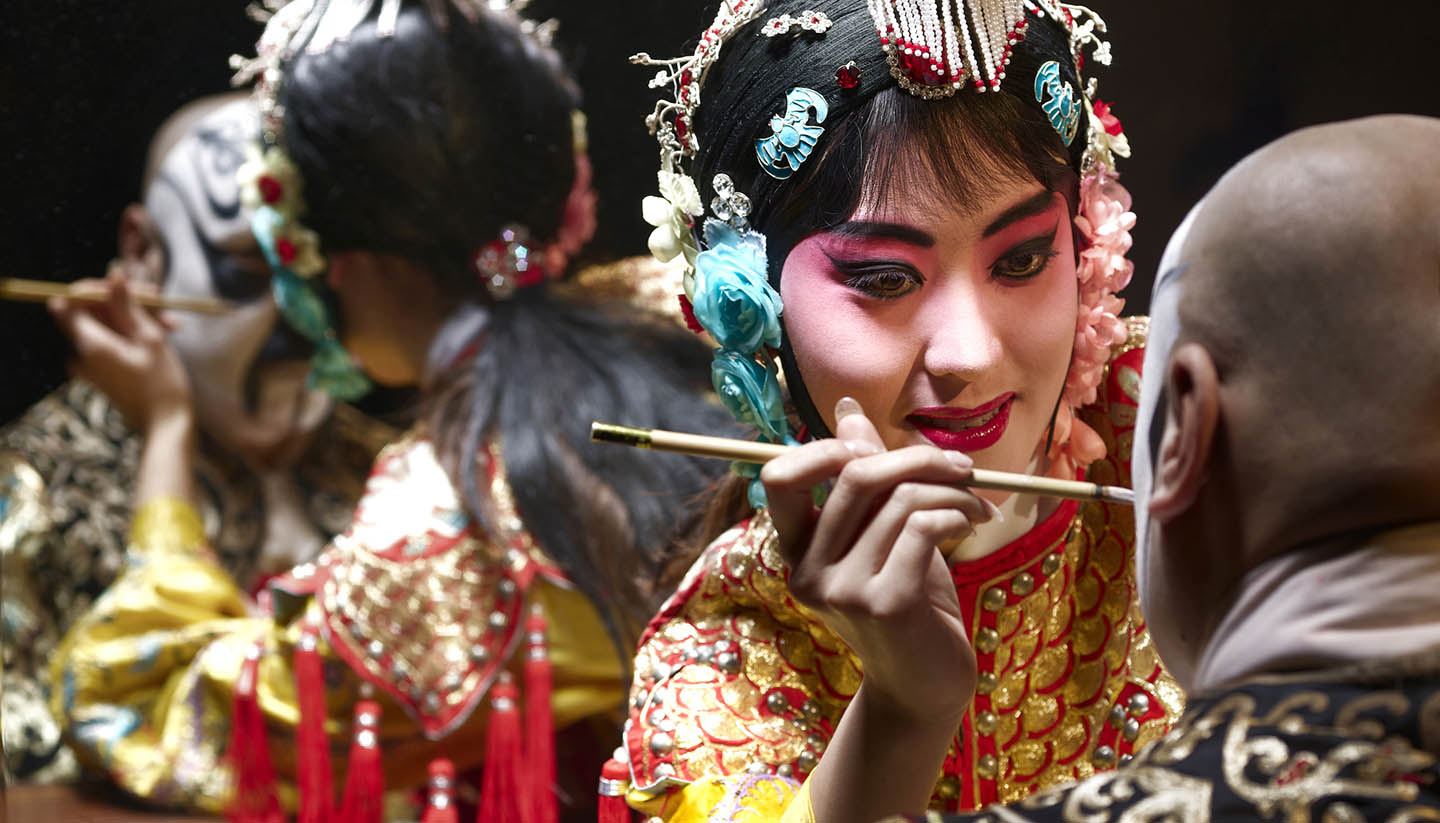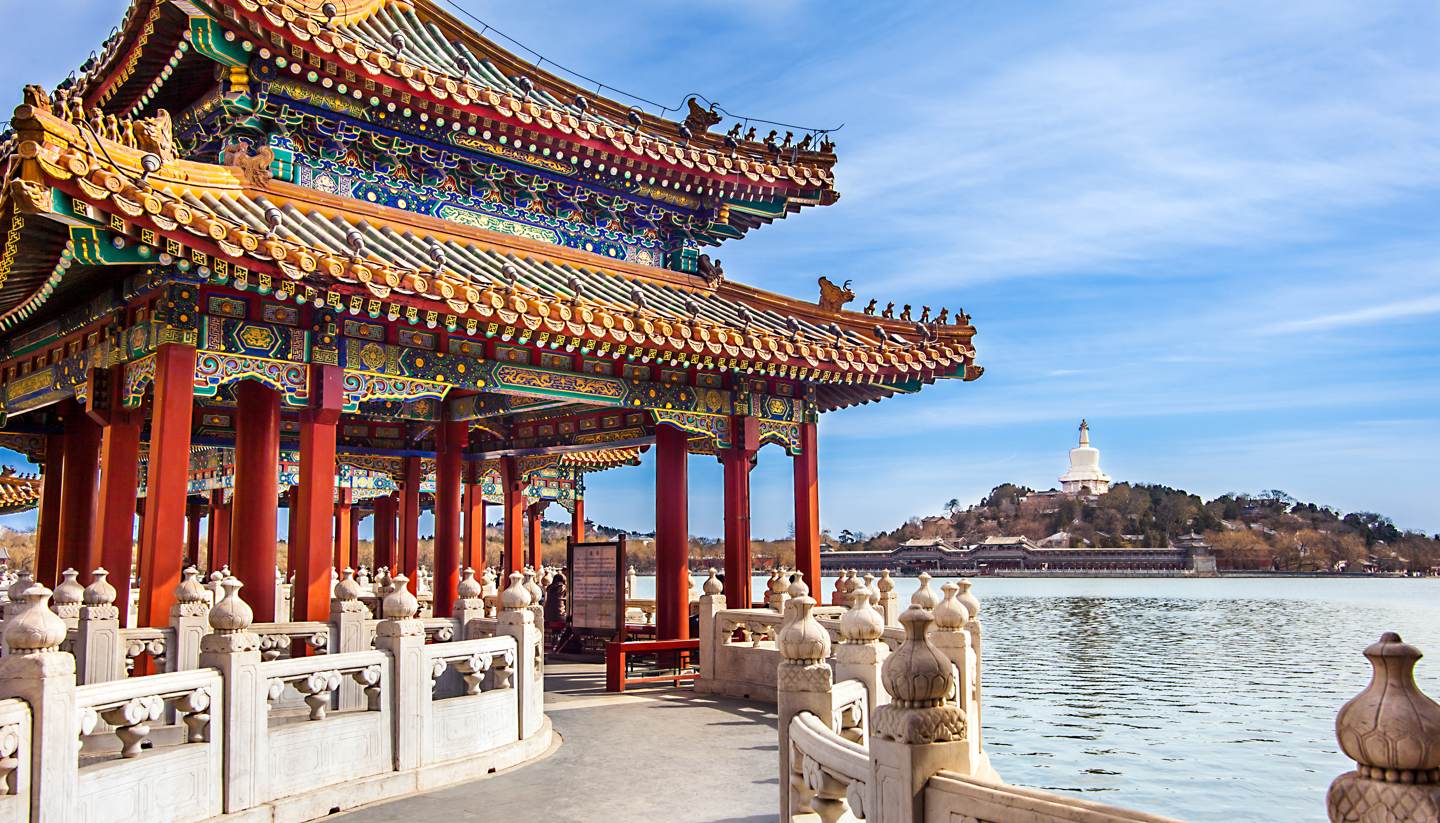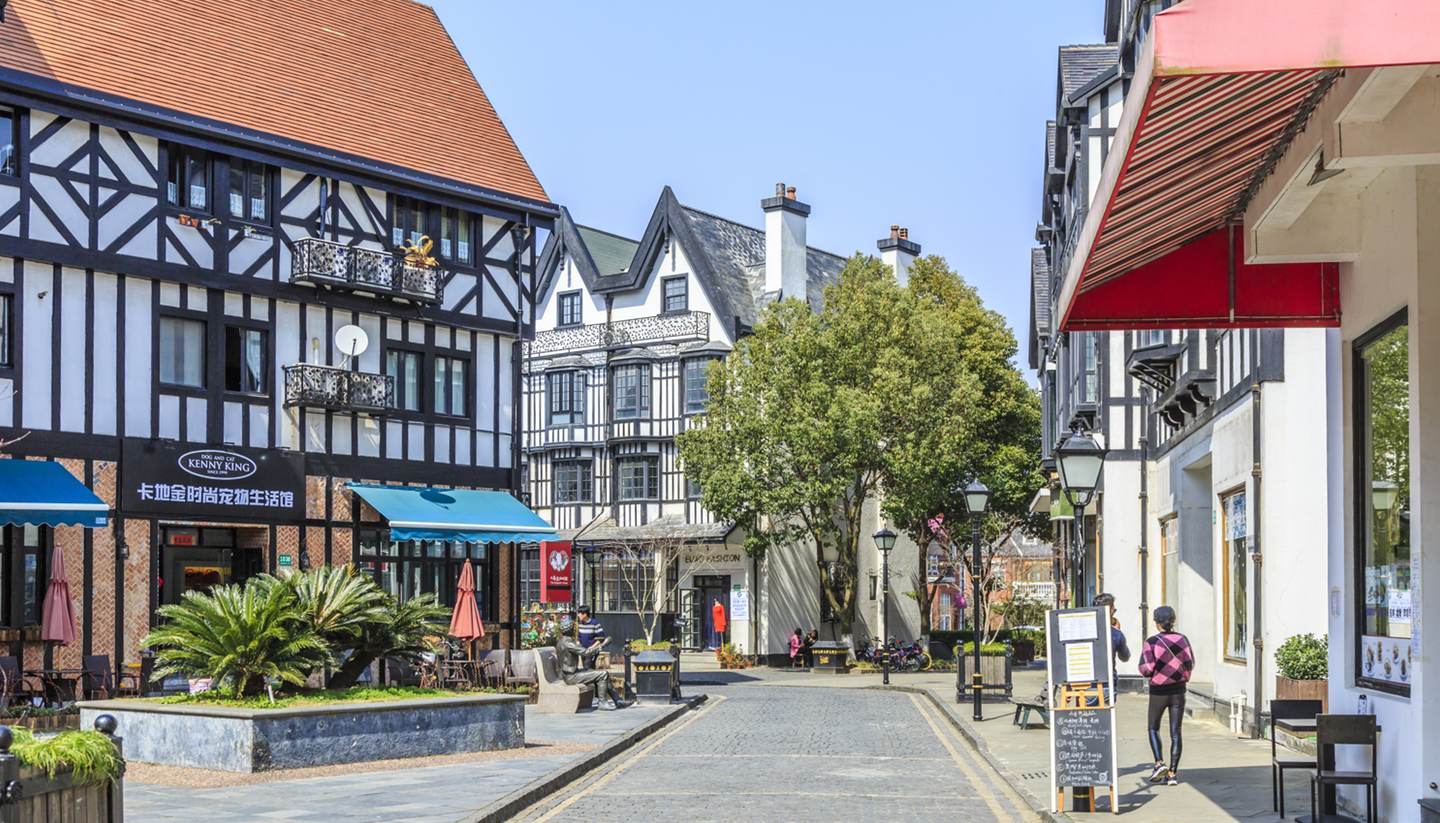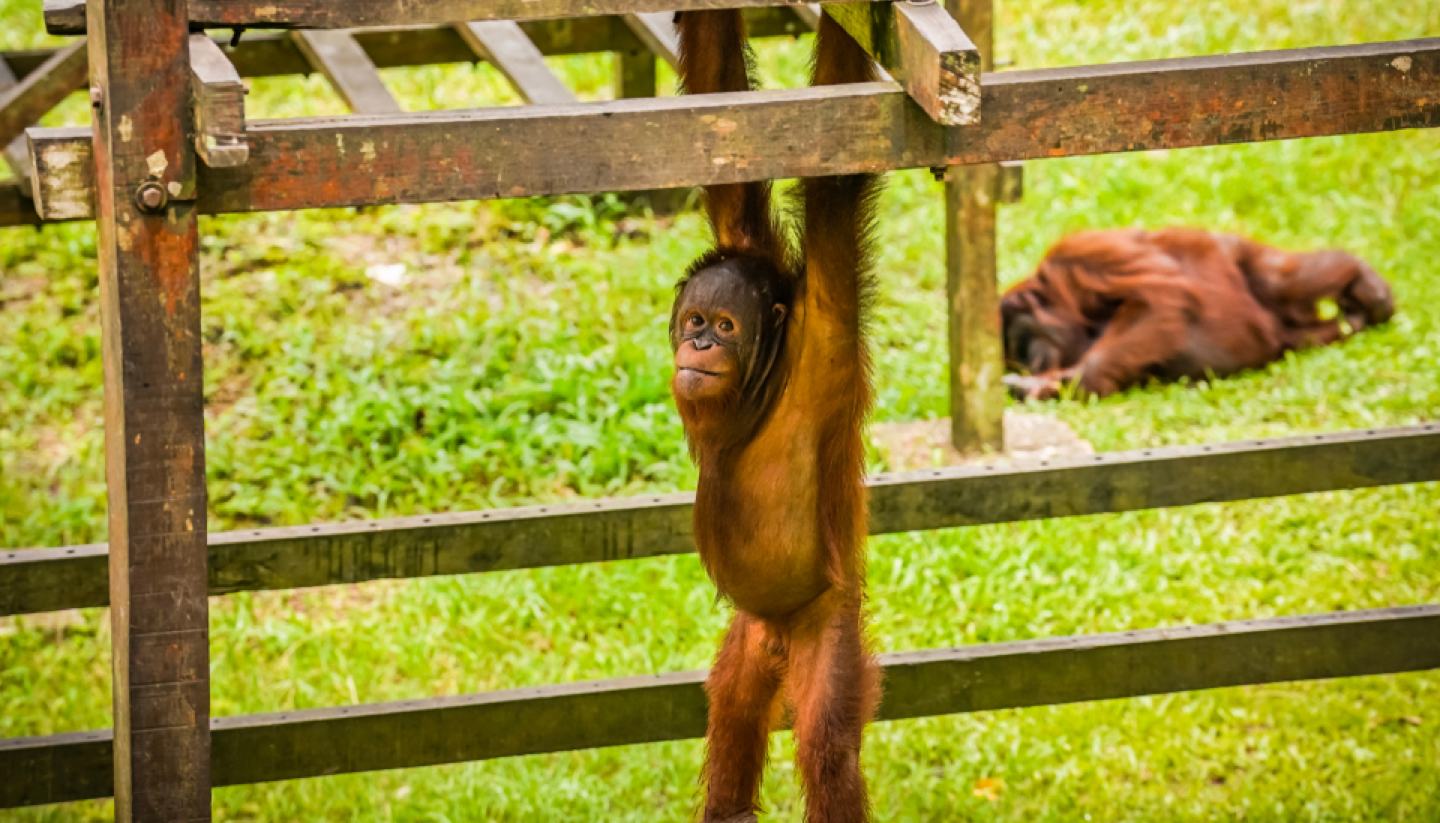Things to see and do in China
Attractions in China
Be here for New Year
Falling sometime between late January and late February each year, Chinese New Year sees a week-long national holiday and generous helpings of fireworks, traditional food and lion dances. It's a family affair across much of the country, but the larger cities allow you to get a good sense of how important the event is to the country as a whole.
Circle Mount Kailash
Tibet's Mount Kailash is the holiest mountain on Earth, sacred to one fifth of the planet's population. It's some undertaking to even reach it, given its beautifully remote location, but once you're here, a clockwise circuit of the peak (pilgrims walk around, rather than up, the mountain) is one you'll never forget. Allow three days for the circular walk.
Climb Tai Shan
The UNESCO-listed Tai Shan has been of sacred importance to the Chinese since as long ago as the 11th century BC. Today, heading to Shandong province to climb to its summit has become a rite of passage for many. Don't expect earth paths and rock scrambling, however – the main route is paved, with 7,000 steps lying between bottom and top.
Cruise the Yangzi River
China's longest waterway is also its most aesthetically powerful, the Yangzi's famous Three Gorges serving up heart-soaring panorama after heart-soaring panorama. Joining a river cruise is the best way to experience the scenery at length – the insatiable appetite for the activity among the Chinese themselves tells its own story.
Encounter pandas in Chengdu
Panda sightings in the wild are elusively rare, even in the creature's home patch of western Sichuan, but the province gives good opportunity to see the animals up close. The large Research Base of Giant Panda Breeding, close to Chengdu, is no two-bit zoo – its bamboo forests do a good job of simulating the pandas' natural environment.
Explore Beijing’s hutongs
The Chinese capital isn't just about grand monumental buildings. Its traditional hutongs (alleyways), many of which still stand, retain a neighbourhood feel and give a glimpse into daily life not seen on the large avenues. You might stumble across anything from microbreweries to cafes.
Explore the Forbidden City
Beijing's inimitable Forbidden City is one of the world's great historical treasures, a vast palace complex with a superbly preserved collection of ancient buildings. It takes its name from the fact that – as home to the Emperor – it was off-bounds to mere mortals for 500 years. Directly adjacent to the complex spreads Tiananmen Square, the world's largest public square in the world.
Follow the Silk Road
Trace the ancient Silk Road trading route, which once ran from Xi'an through deserts and mountains to the Caspian and Mediterranean seas, bringing Buddhism and Islam into China – and a thousand other things besides. Key sights include Dunhuang's Buddhist grottoes, the ruins of Jiaohe city near Turpan and Kashgar's lively Sunday market.
Get a feel for Tibet in Lhasa
Whether Tibet should be seen as a part of China is a matter of opinion. Less up for debate is the fact that the regional capital, Lhasa, contains some astonishing cultural sights. Top billing goes to Jokhang Temple in the heart of the Old Town, and the majestic Potala Palace.
Hike Tiger Leaping Gorge
China has some incredible scenery, much of which is best seen on foot. A prime example is the plunging scenery of Tiger Leaping Gorge in northwest Yunnan, where the towering snow-capped mountains are threaded with hiking trails. It stands as one of the deepest gorges on the planet – spectacular doesn't come close.
Immerse yourself in Shanghai
In the cutting-edge atmosphere of economic powerhouse Shanghai, soaring skyscrapers contrast with the European-style Bund waterfront while the art deco laneways of the former French Concession sit alongside on-trend boutiques and galleries. Home to some 24 million, this is a city going places.
Lake-gaze in Hangzhou
Shop for silk and tea in the ancient Chinese capital Hangzhou, once described by celebrated traveller Marco Polo as 'the most beautiful and magnificent city in the world'. Popular with Chinese and foreign tourists, its main attraction remains the highly photogenic West Lake scenic area.
Marvel at Zhangjiajie
In a country brimming with preposterously dramatic landscapes, the Zhangjiajie area in Hunan province boasts arguably the most incredible of the lot. Its jagged sandstone pinnacles look like something from a CGI movie – indeed, belief holds that James Cameron took inspiration here for the unearthly landscapes in his movie Avatar.
Rent a bike
Some 300 million Chinese use bicycles to get around. Hire shops are everywhere and cycling is one of the best ways to see China's countryside. Popular cycling routes include the area around Yangshuo in the south – renowned for its stunning karst scenery – and the dramatic high-altitude plateaus in the west of the country.
See the Terracotta Army
The Terracotta Army, close to the city of Xi'an, is an enormous collection of Chinese warriors made out of hardened clay. Created in the 2nd century BC for Shih Huang-Ti, the first emperor of a unified China, the figures were entombed with him upon his death. The interred army was discovered by chance in 1974, and remains a phenomenal attraction.
Seek out Buddhist monuments
Travel out to the monumental carved Buddhist effigies of Yungang Grottoes, near the city of Datong, or arrange a trip to see the tens of thousands of statues at Luoyang's 5th-century Longmen Buddhist Caves. Elsewhere, at Bingling Lamasery near Lanzhou you'll find 34 early Buddhist caves, while the Mogao Caves in Gansu province still play home to some of China's oldest shrines.
Set foot on the Great Wall of China
Work on the Great Wall started more than 2,000 years ago and the end result stretches some 5,400km (3,375 miles) across the hills to the west of Beijing (although contrary to legend, it can't be seen from space). The heavily restored Badaling section is the most visited stretch, but many alternatives exist, including remote 'wild wall' stretches that can still be walked.
Take a garden walk in Suzhou
2,500-year-old Suzhou is China's own Venice, its Grand Canal and famous water gardens once helping it to draw artists, painters and scholars in droves. There's still plenty to make a visit worthwhile – away from the gardens themselves, make sure you set aside time to visit the IM Pei-designed museum.
Take a trip to Hainan
It may come as a surprise, but China has some impressive tropical beaches. Sanya, on the southern coast of China's most southerly province, Hainan Island, is one of China's most popular holiday areas and has international resort hotels, fine sand beaches, golf courses, coconut palms and watersports. Hawaii eat your heart out.
Try out tai chi
Try the ancient 'shadow art' of tai chi, a series of linked, slow movements based on the principle of using the entire body to focus the mind. Traditionally practiced early in the morning in parks and public squares throughout China, it can be seen in places including Beijing's Beihai Park and People's Square in Shanghai.
Tourist offices
China National Tourist Office (CNTO) in the UK
Address: 71 Warwick Road, London, SW5 9HBTelephone: (020) 7373 0888 or 09001 600 188 (brochure request and general information; calls cost 60p per minute).
Website: http://www.travelchina.gov.cn
China National Tourist Office (CNTO) in the USA
Address: Suite 912, 370 Lexington Ave, New York, 10117Telephone: 1 888 760 8218
Website: http://www.cnto.org





